Anatomy for Anaesthetists
Jubilee edition of the classic text first published in 1963 Anaesthetists require a particularly specialized knowledge of anatomy The anaesthetist must know intimately the respiratory passages, the major veins and the peripheral nerves to deliver safe and effective pain control. As one of the great teachers of anatomy, Professor Harold Ellis is eminently qualified to elegantly provide the anatomical detail required of anaesthetists. Modern approaches to practice, including the use of imaging to guide anaesthetic practice, add further depth to the fine full-colour anatomical illustrations. Designed for anaesthetists, Anatomy for Anaesthetists covers: • The Respiratory Pathway, Lungs, Thoracic Wall and Diaphragm • The Heart and Great Veins of the Neck • The Peripheral Nerves • The Autonomic Nervous System • The Cranial Nerves • The Anatomy of Pain Clinical Notes throughout provide the clinical context for the anatomical detail. Designed for trainees, but of continuing relevance to practicing anaesthetists, and now in its Golden Jubilee edition, Anatomy for Anaesthetists provides a central pillar of anaesthetic knowledge.
{{comment.content}}
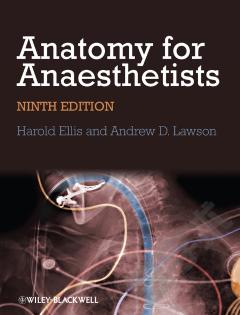
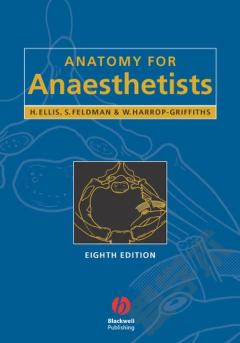
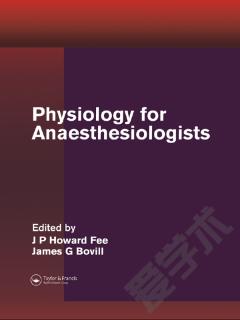
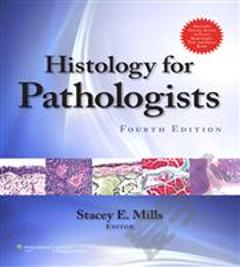
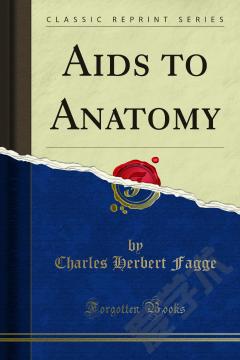

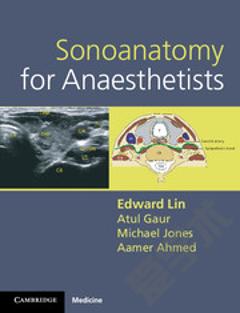

 京公网安备 11010802027623号
京公网安备 11010802027623号